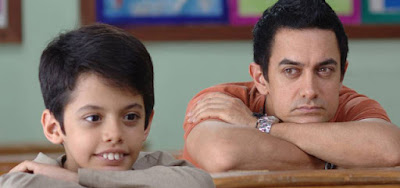The Gift: 12 Lessons to Save Your Life
Truly a gift for mankind.
Here are excerpts from the book that are worth to reflect on and share with others.
***
The worst prison is not the one the Nazis put me in, the worst prison is the one(mental prison) I built for myself.
Hope allows us to live in the present instead of the past and to unlock the doors of our mental prison.
There is no freedom in minimizing what happened or trying to forget(traumas) but remembering and honoring are very different from remaining stuck in guilt, shame, anger, resentment, or fear about the past. I can face the reality of what happened and remember that although I have lost, I’ve never stopped choosing love and hope.
Respond not react. When nothing helpful or nourishing is coming from the outside, that is precisely the moment when we have the possibility to discover who we really are. It’s not what happens to us that matters most, it’s what we do with our experiences.
Readiness does not come from the outside and it can’t be rushed or forced. You’re ready when you’re ready. When something inside shifts and you decide. Change is about interrupting habits and patterns that no longer serve us. If you want to meaningfully alter your life, you don’t simply abandon a dysfunctional habit or belief, you replace it with a healthy one.
When we stay a victim or put someone else in that role, we reinforce the harm, focusing on what we have not had, undermining the survival strength and the capacity to see any experience as an opportunity for growth.
There are many good reasons why we avoid our feelings. They’re uncomfortable, they’re not the feelings we think we should be having, or afraid of how they might hurt others, what they might reveal what the choices we’ve made. But as long as you are avoiding your feelings, you are denying reality. When you say “I don’t want to think about it” you will surely think about it. So invite the feeling in, sit down with it, keep it company and then decide how long you are going to hold on to it. A feeling is just a feeling, it’s not your identity.
When a couple never fight, they don’t have intimacy either. Conflict is human. When we avoid conflict we are moving closer to tyranny than peace. Freedom is when you embrace your power to choose your own response. You cannot want something from another person, you can only discover what’s right for you. Stop denying someone else’s truth. Freedom comes in letting go of the need to be right. You can’t change the situation, you can’t someone else’s mind but you can look at reality differently. You can accept and integrate multiple points of view. This flexibility is our strength. It allows us to be assertive, not aggressive or passive or passive aggressive. When we are aggressive we decide for others. When we are passive we let others decide for us. When we are passive-aggressive we prevent others from deciding for themselves. When you are assertive you speak in statements.
The key to maintaining your freedom during conflict is to hold your truth while also relinquishing the need for power and control. It helps when we can meet others as they are not as what we expect them to be.
We do not empower others or ourselves when we launch into complaints.
No one grows with criticism so eliminate it. Be selective on whose getting your anger. When you are angry, you’re the one who suffers. An unhealthy conflict has everything to do about getting locked in a better than - less than mindset.
Every human is fallible, every human makes mistakes. You are not helpless, you are not a saint either. You don’t have to prove your worth. You can just embrace it, and celebrate that you are imperfect and whole. That there will never be another you. If you have something to prove, you are still a prisoner.
Image courtesy of Amazon.com



Comments